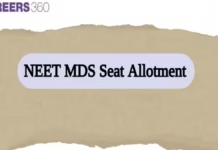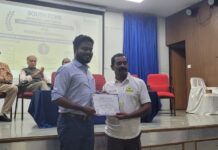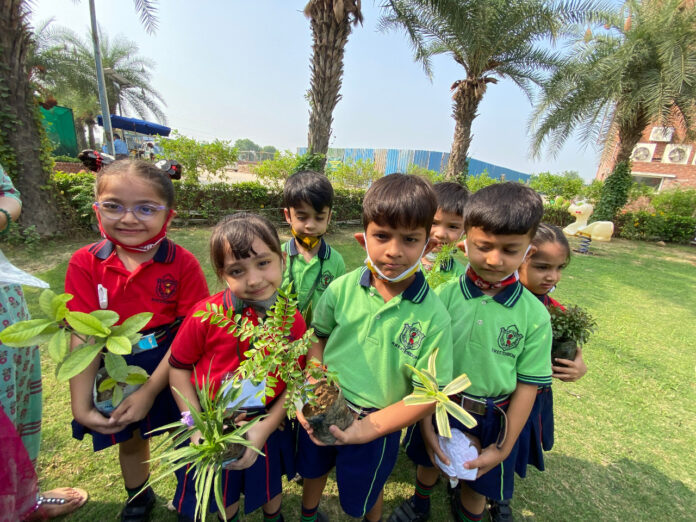A Tree Plantation drive was organised at DPS RNE to educate Nursery-Prep children about the importance of conservation of nature. This also helped to enhance their intellectual, social, personal and emotional growth and make them climate conscious global citizens .The children brought various saplings including Ashoka, Neem, Belpatra, Tulsi, Herb plants, Fruit plants, etc., and helped each other plant the saplings in the school ground.
The drive was to develop a pro-environment sensitivity among students and keep them sustainably aware of the ramifications of ecological destruction and natural resource depletion.The teachers supervised the campaign and took a pledge with students to take care of the planted saplings and plant more trees to contribute toward environmental conservation.
The school children shared their experiences after the activity, and some even recalled their previous experiences of the same and expressed their jubilation.
Important Announcement – EasyShiksha has now started Online Internship Program “Ab India Sikhega Ghar Se”
Expressing her thoughts, Mrs Pallavi Upadhayay,l Principal, DPS RNE, said, “The tree plantation drive was to foster strong mental and social health amongst today’s children. It was organised to establish a strong connection of children with their peers, elders, community and most importantly, the environment. Deforestation is a caustic and scornful reality today. In days when we see fetid litter and trunks of garbage being spilt on the roads on a frequent basis, it becomes our responsibility to sow seeds of environmental consciousness among young children so that they lay a foundation for a better tomorrow. The children enjoyed an outside activity after a long time post-Covid-19 and shared their experiences in a lovely way.
visit EasyShiksha for skill development









































































